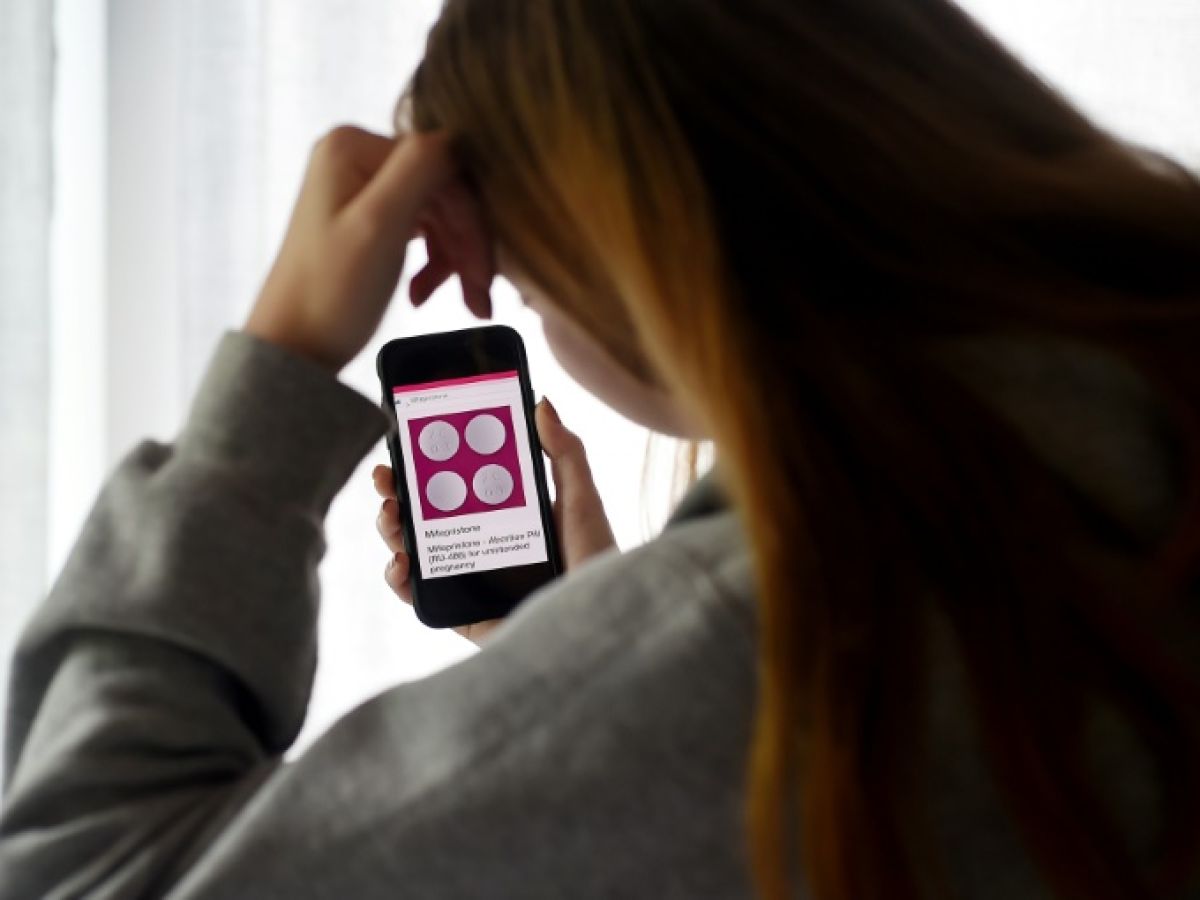Blocked accounts, hidden posts, degraded SEO: since the election of Donald Trump, several American organizations providing information on the abortion pill have denounced growing online censorship on social networks, which hinders their mission to women.
These reproductive and sexual rights organizations accuse Meta of making their activity invisible on its social networks Instagram and Facebook, while its boss Mark Zuckerberg poses as a defender of freedom of expression.
Meta confirmed to AFP that several organisations, including Aid Access, Women Help Women and Plan C, have experienced issues of varying severity with their content.
"These groups encountered both normal moderation and a series of malfunctions, including excessive moderation and a technical glitch," acknowledges a Meta spokesperson, citing, as an example of compliant moderation, the ban on the sale of drugs without proper certification.
"We have been very clear in recent weeks that we want to promote freedom of expression and limit moderation errors – and we are determined to do so," he insists.
However, the accounts in question were only restored after AFP and other media outlets contacted Meta about the matter, with the organisations concerned attributing the change of heart to media pressure.
– Anti-abortion administration –
Some see the recent rapprochement between Donald Trump and Mark Zuckerberg – the latter attended the former's inauguration in a prominent place – as a sign of a possible alignment with the anti-abortion positions of the new Trump administration.

In his first days in office, the Republican suspended access to a government information site on sexual and reproductive rights, and revoked decrees signed by his Democratic predecessor Joe Biden, which notably secured access to the abortion pill and the personal data of women resorting to abortion. American funding for foreign organizations was also cut.
"Meta says it wants to return to the roots of freedom of expression, but for now it is difficult to say exactly who will be able to fully exercise this right," Jane Eklund, author of an Amnesty International report on censorship around abortion, asked AFP.
"We have to wait and see how" tech moguls "are going to try to get in the good books of the new administration. That's a concern," she added.
"It was at the beginning of January that we first noticed" blocked pages on Instagram and Facebook, Dutch doctor Rebecca Gomperts, founder of Aid Access, which offers abortion pills on the internet, told AFP - a crucial issue for the United States, where nearly half of the states have banned or limited the use of abortion since the cancellation of the federal guarantee by a historic decision of the Supreme Court in 2022.
– Coded expressions –
They were later restored, but some publications remained hidden, she said.
Women "must receive the help they need, period," insists Rebecca Gomperts.
Women Help Women saw its Instagram account blocked in December, as did the Meta advertising account of Plan C, an American organization that provides information on the home use of the abortion pill.
"Without notice, under the pretext that he did not respect community standards," explains one of the leaders of Women Help Women, Lucia Berro Pizzarossa.
"This account allows us to bring scientific information and messages to thousands of people that combat the stigma surrounding abortion. Search engines have relegated our website to the bottom and a mechanism has made us invisible on social networks, complicating timely access to reliable resources," she laments to AFP, worried about the future.
This time, the accounts that were suspended for a while have been reactivated.
Abortion access advocates fear that this online invisibility will perpetuate the stigmatization of people wishing to find out about abortion, who sometimes have to resort to coded expressions or words with trick spelling to get around automated moderation measures on the platforms.

